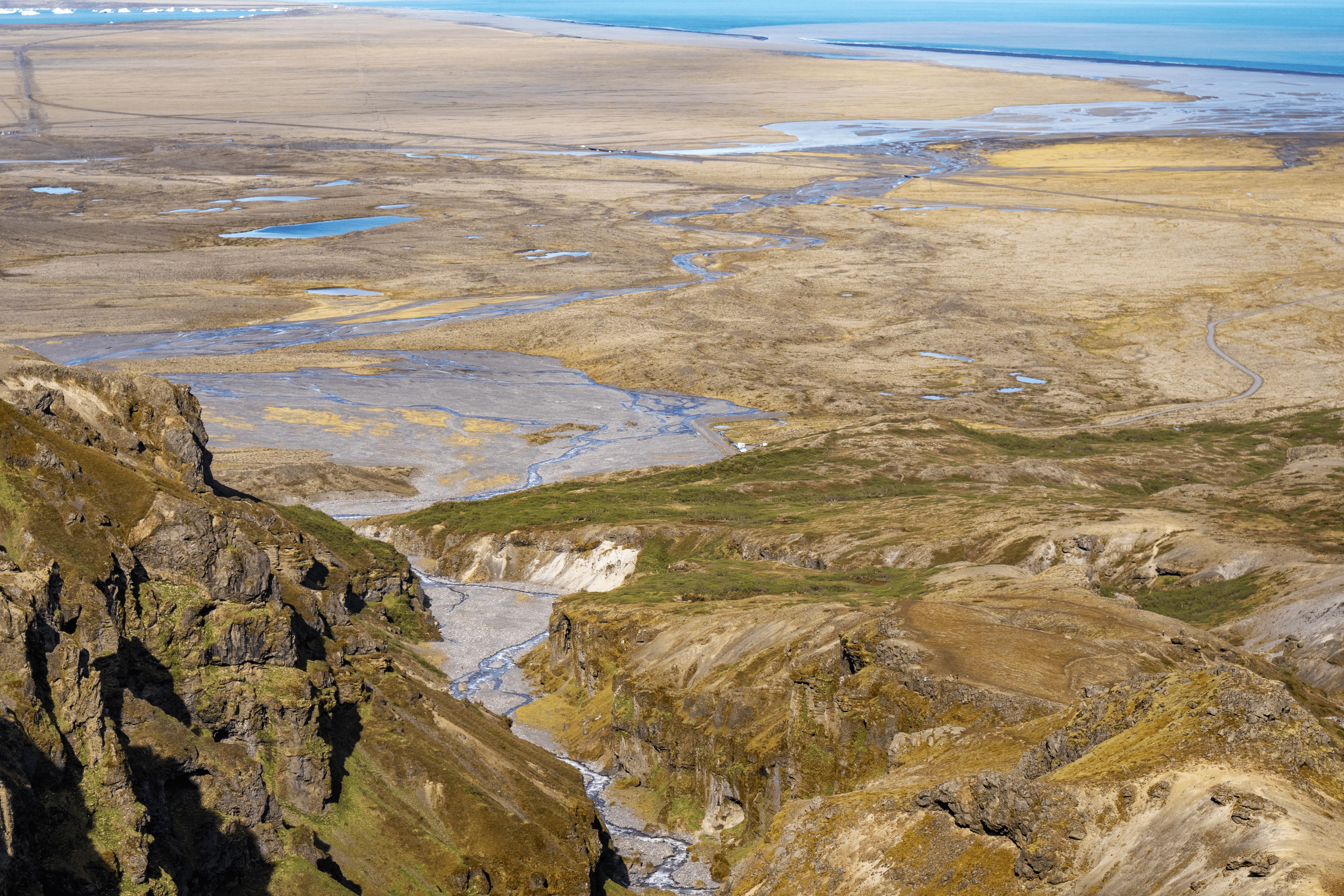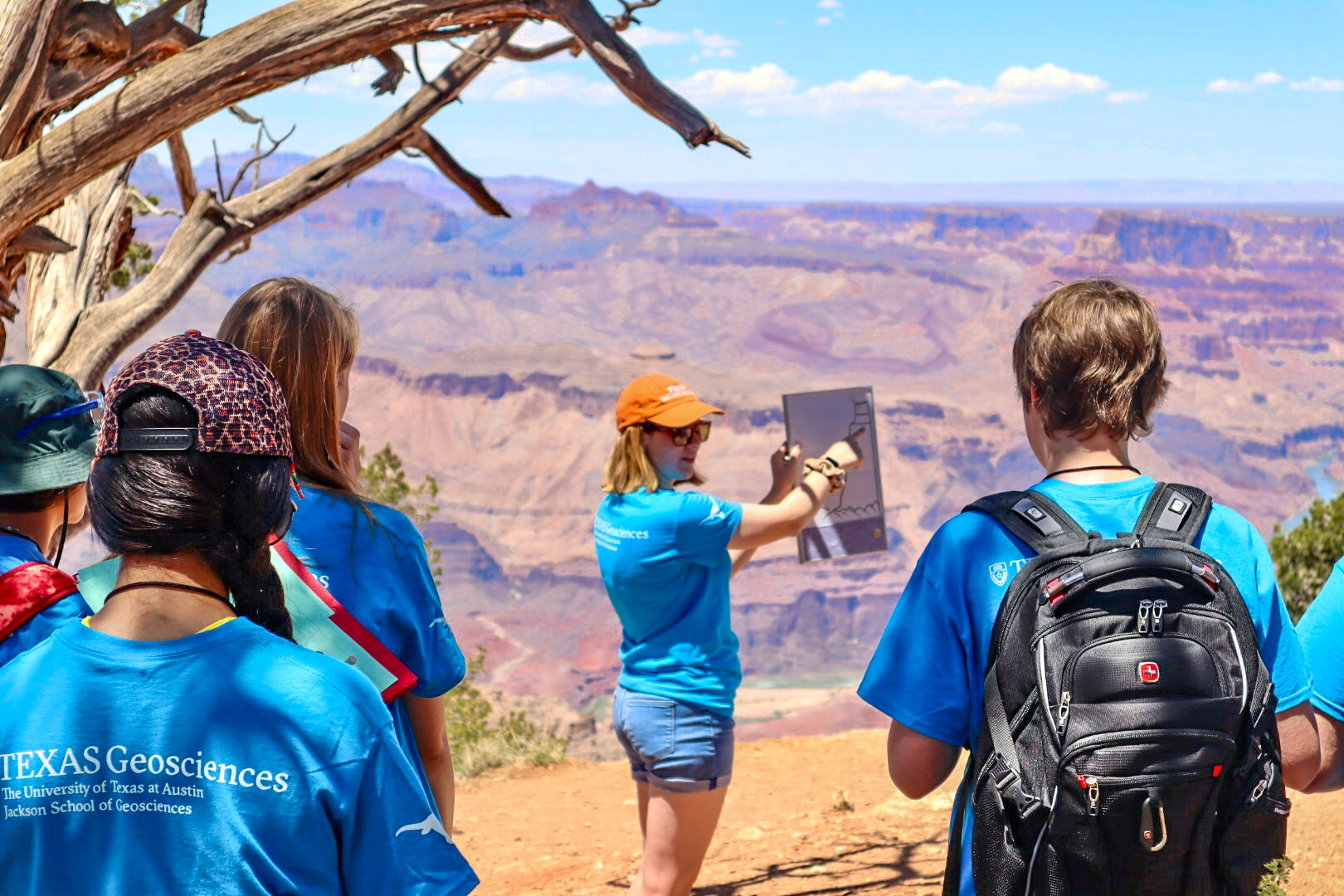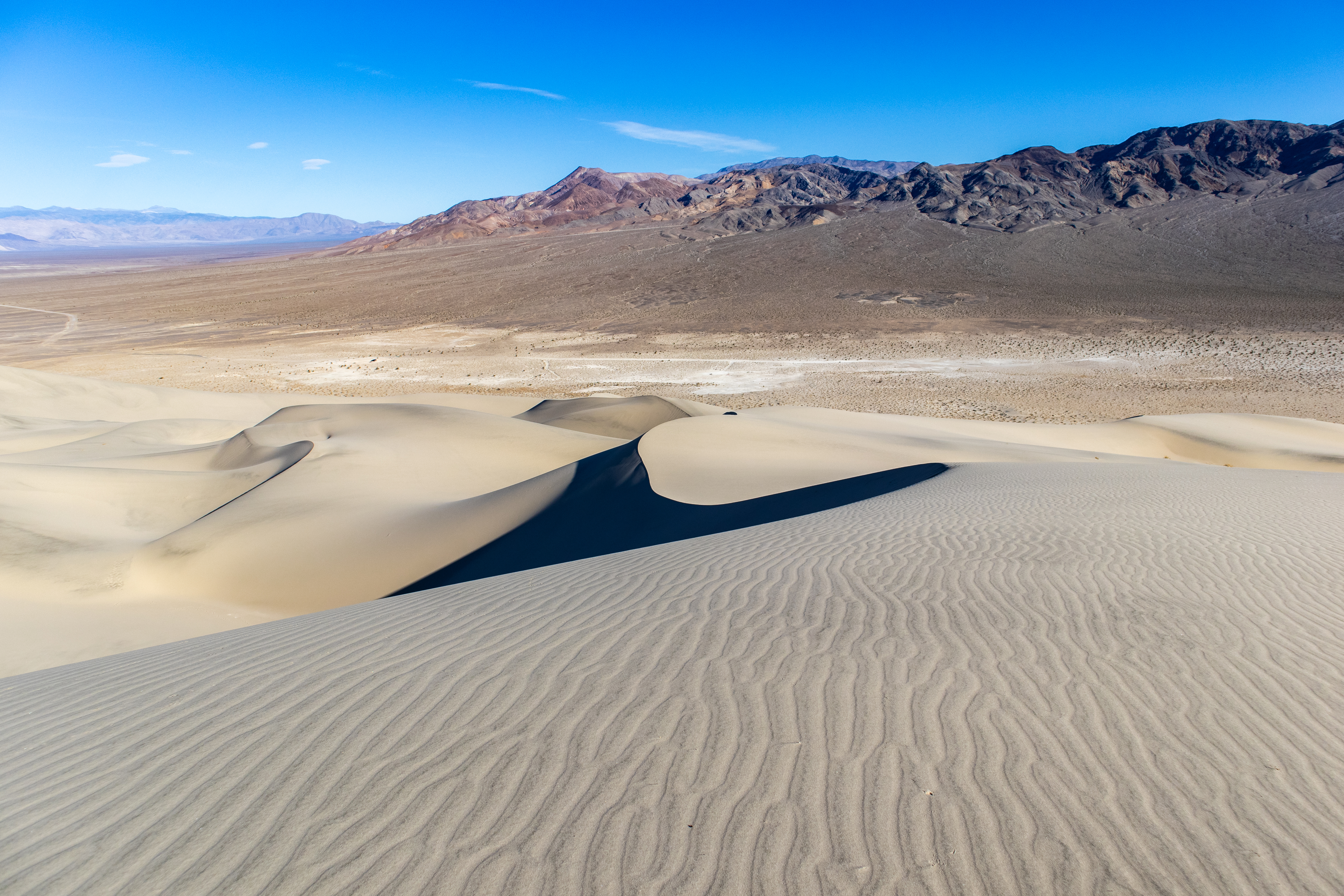An underlying theme across my work in teaching and outreach is my belief in the power of curiousity, critical thinking, an open mind, and
a seed of knowledge. In short, my teaching philosphy is centered around experiential, student-driven learning. My goal is that, when I communicate science, people leave our interaction with an improved understanding of the natural world
and a renewed sense of their own deductive reasoning. Not everyone will seek a career in geology,
but in teaching the geosciences, we can empower people to ask hard questions, make observations, and form their own interpretations
about the world they live in. These skills are foundational to science and society alike.
"Stories of life are often more like rivers than books." —Norman Maclean
University-level teaching
Geosci627: Hydrogeology
I was a teaching assistant for Dr. Mike Cardiff and Chris Zahasky's Hydrogeology course at the University of Wisconsin-Madison in 2021 and 2023. I led a mix of undergraduate and graduate students through expirements, field experience, and case studies aimed to equip them with the necessities of a hydrogeologist's toolkit— site characterization, mapping, permeability at lab and field scales, basic groundwater flow and transport modelling, etc.
Geosci320: Geomorphology
In 2022, I was a teaching assistant for Ken Ferrier's Geomorphology course at the University of Wisconsin-Madison. I taught two weekly laboratory sessions for students where I guided students through lab assignments. I developed tutorials for common quantitative and visualization tools (e.g., introduction to Python in Google Colab and spreadsheet management) to supplement lab assignments. Via lab assignments and coursework, students gained competency in evaluating many landscape processes in fluvial, glacial, hillslope, and coastal settings. I was awarded the 2022 Thomas E. Berg Award for Excellence in Teaching for my performance in this course.
K-12 teaching
10th Grade Landscape evolution of the Colorado Plateau
In summers 2022 & 2023, I taught and developed content for 10th grade academies for GeoFORCE Texas as first an Educational Coach and then as Instructor. I led field experiences in the Virgin River Canyon, Zion National Park, Bryce Canyon, Glen Canyon, and the Grand Canyon. Through these field experiences and evening activities, students learned stratigraphic principles, lithologic characterization, and the basics of hydrogeology and landscape evolution. The week concluded with students synthesizing industry-standard stratigraphic logs of the Colorado Plateau and designing their own canyon and its geologic history.
12th Grade Planetary habitability and engineering solutions
In summers 2020 and 2021, I was a Research Counselor (formerly Educational Coach in Training) with and developed content for 12th grade GeoFORCE Texas academies. Students in these academies learned about life and landscapes through time, water and mineral resources, and planetary habitability through virtual field experiences (VFEs). Students were then challenged to assess the habitability of fictitious planets and find engineering solutions for terraforming their planet, which students then pitched to a spurious space agency. Through these academies I learned about the utilities of VFEs in making experiential learning accessible, and I am excited to continue to leverage them!
Community outreach
I have worked with the University of Wisconsin Geology Museum as a weekend docent and event volunteer since 2021. I communicate with museum guests and event participants of all ages about rocks, minerals, geologic history of Earth, evolution, and state natural resources, and I also occasionally contribute short science education articles to the museum's newsletter. My favorite conversations are about Wisconsin's groundwater resources!


